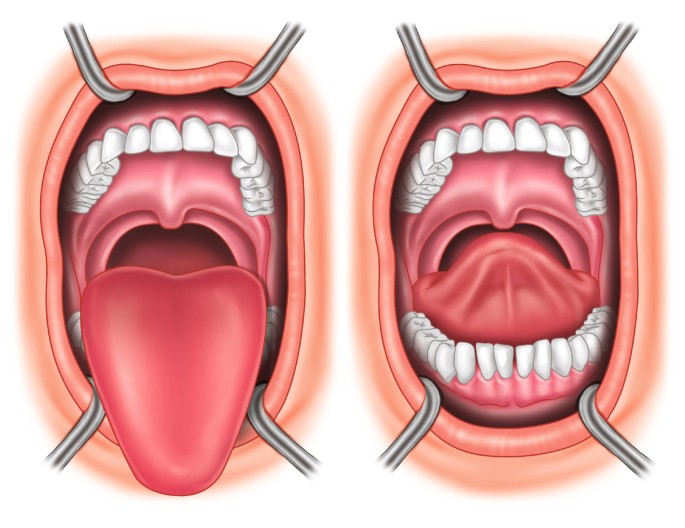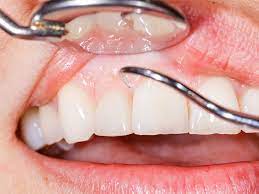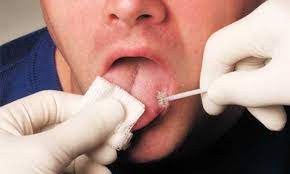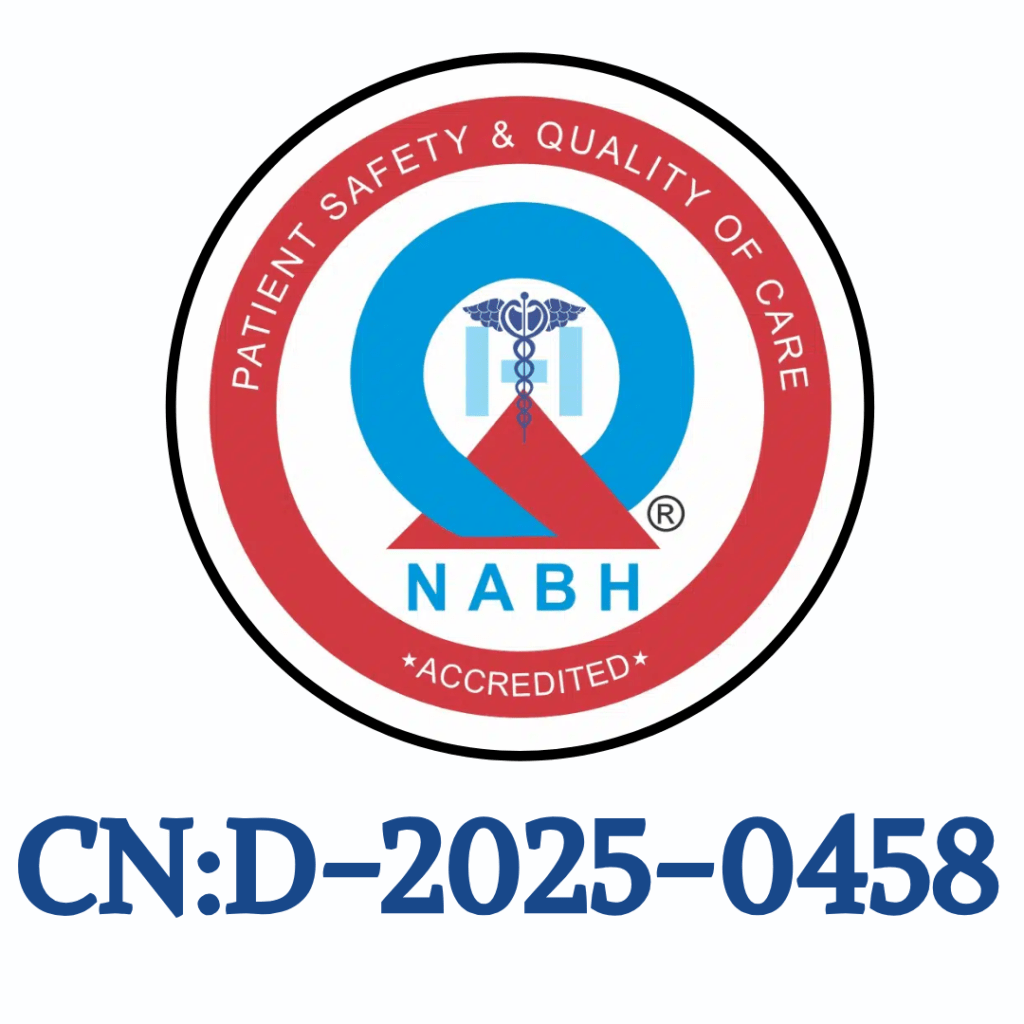WHAT IS A BIOPSY?
A biopsy is a medical procedure in which a small sample of tissue or cells is taken from the body for examination under a microscope. It’s commonly used to diagnose various medical conditions, including cancer, infections, inflammatory diseases, and autoimmune disorders.





| TYPES OF BIOPSIES:
There are several types of biopsies, each tailored to the specific area of the body being examined. These include:
- Needle biopsy: Involves using a thin needle to extract cells or tissue from a suspicious area, such as the breast, prostate, or thyroid.
- Surgical biopsy: Requires a surgical procedure to remove a larger sample of tissue, often done when a needle biopsy is inconclusive or when deeper tissue layers need to be examined.
- Endoscopic biopsy: Utilizes an endoscope, a thin, flexible tube with a camera and tools, to collect samples from internal organs like the digestive tract or lungs.
- Bone marrow biopsy: Involves extracting a sample of bone marrow from the hip bone to evaluate blood cell production and diagnose conditions like leukemia or lymphoma.
| REASONS FOR BIOPSIES:
- Diagnosing cancer: Biopsies help determine if a tumor is cancerous, its type, and its aggressiveness, which guides treatment decisions.
- Investigating abnormalities: Biopsies can identify the cause of abnormal growths, lesions, or masses found during imaging tests like X-rays or ultrasounds.
- Monitoring disease progression: Biopsies may be repeated over time to assess changes in tissue or monitor the effectiveness of treatment.
The Biopsy Procedure: During a biopsy, the area of interest is numbed with local anesthesia to minimize discomfort. Depending on the type of biopsy, a small incision may be made, or a needle may be inserted to obtain the tissue sample. The sample is then sent to a pathology lab for analysis by a specialist called a pathologist.
Risks and Complications: While biopsies are generally safe procedures, there are some risks, including bleeding, infection, and bruising at the biopsy site. In rare cases, damage to nearby structures or adverse reactions to anesthesia may occur.
Interpreting Biopsy Results: Pathologists examine the tissue samples under a microscope to look for abnormalities, such as cancer cells, infections, or inflammatory changes. The results are then reported to the patient’s healthcare provider, who discusses the findings and potential treatment options.
Follow-Up Care: Depending on the biopsy results, further diagnostic tests or treatments may be recommended. Patients are typically advised to follow any post-biopsy instructions provided by their healthcare team and attend follow-up appointments to monitor their condition.
Advancements in Biopsy Techniques: Ongoing research and technological advancements have led to improvements in biopsy techniques, such as minimally invasive approaches, molecular testing, and precision-guided biopsies, which enhance diagnostic accuracy and patient outcomes.
Emotional Support: Undergoing a biopsy can be a stressful experience for patients, as it often involves uncertainty about the diagnosis and treatment plan. Providing emotional support, clear communication, and access to resources can help alleviate anxiety and empower patients to make informed decisions about their care.
| CONCLUSION:
Biopsies play a crucial role in diagnosing and managing a wide range of medical conditions, providing valuable information that guides treatment decisions and improves patient outcomes. With advancements in technology and ongoing research, biopsies continue to evolve as an essential tool in modern medicine.
FAQ
Most frequent questions and answers
A biopsy is a medical procedure where a small sample of tissue is taken from the body to be examined under a microscope.
Your doctor might recommend a biopsy to diagnose or rule out certain medical conditions, such as cancer or infections.
During a biopsy, a doctor or specialist will numb the area, then remove a small piece of tissue using a needle, scalpel, or other specialized tools.
You may feel some discomfort during a biopsy, but your doctor will use numbing medication to minimize pain.
Biopsy results typically take a few days to a week, depending on the type of biopsy and the lab’s workload.
After a biopsy, you may need to rest and avoid strenuous activity for a short time. Your doctor will provide specific instructions based on your situation.


